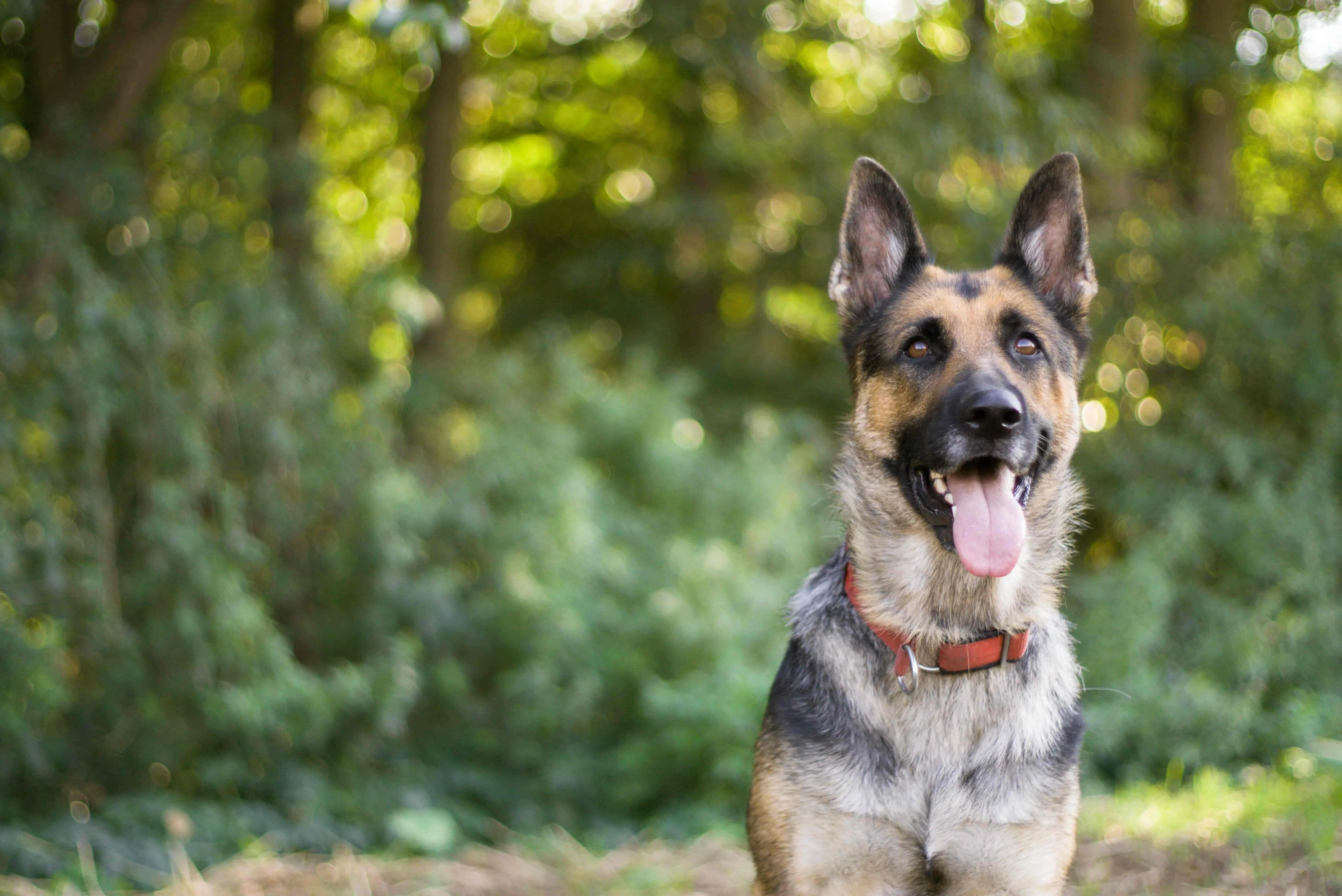Having a dog can be a rewarding experience, but it also comes with a number of disadvantages that are often overlooked. In this paper, we will explore 15 surprising disadvantages of having a dog, and discuss the potential implications for dog owners and society as a whole.
- Financial costs: Owning a dog can be expensive. In addition to the initial cost of purchasing or adopting a dog, there are ongoing expenses for food, supplies, and veterinary care. These costs can add up quickly, especially for large or high-maintenance breeds.
- Time commitment: Dogs require regular attention and care, including feeding, exercise, and training. This can be time-consuming, and can be especially challenging for people with busy schedules or limited free time.
- Behavior problems: Dogs, like all animals, can exhibit unwanted behavior such as barking, chewing, and digging. This can be frustrating for owners and can lead to conflicts with neighbors or landlords.
- Training challenges: Training a dog can be difficult and time-consuming, especially for inexperienced owners. It may require professional help, which can add to the financial costs of dog ownership.
- Health risks: Dogs can carry and transmit a number of diseases, including rabies and Lyme disease. They can also be susceptible to various health issues such as allergies, obesity, and dental problems.
- Incompatibility with certain lifestyles: Dogs may not be suitable for people with certain lifestyles, such as frequent travelers or those who live in small apartments.
- Restrictions on activities: Owning a dog can limit certain activities, such as traveling or hiking in certain areas, due to concerns about the dog's safety or behavior.
- Potentially harmful to other animals: Dogs may pose a threat to other animals, such as small pets or wildlife. This can be a concern for dog owners who live in areas with a lot of wildlife or for those who have other pets in their household.
- Limited life span: Dogs, like all animals, have a limited lifespan. This can be emotionally difficult for owners who may have to say goodbye to their beloved pet at an early age.
- Allergies: Some people are allergic to dogs, which can make it difficult for them to be around dogs or to live in a household with a dog.
- Impacts on personal relationships: Owning a dog can impact personal relationships, both positively and negatively. For example, it can bring people together through shared activities, but it can also cause conflicts if not properly managed.
- Potential for aggression: Dogs, like all animals, can exhibit aggressive behavior, which can be dangerous for both the dog and other people or animals.
- Legal liability: In some cases, dog owners may be held legally liable for the actions of their dog, such as if the dog causes injury to another person or animal.
- Impact on the environment: Dogs, like all animals, have an impact on the environment. This can include things like waste production and carbon emissions from pet food production.
- Euthanasia: In some cases, dogs may need to be euthanized due to severe health problems or behavior issues. This can be a difficult decision for owners to make, and can be emotionally difficult to cope with.
Overall, owning a dog can be a rewarding experience, but it also comes with a number of disadvantages that are often overlooked. It is important for potential dog owners to carefully consider these disadvantages before making the decision to get a dog, and to be prepared to address any challenges that may arise.

